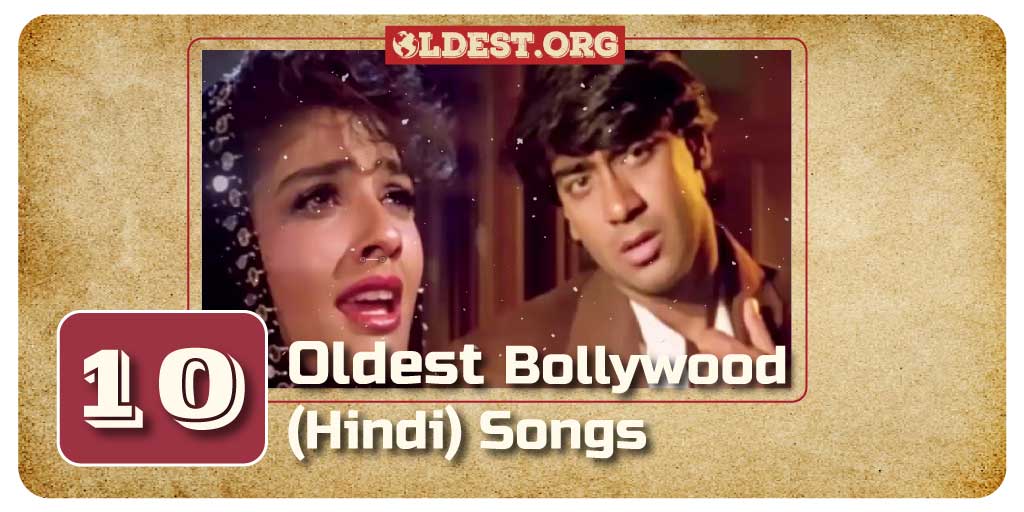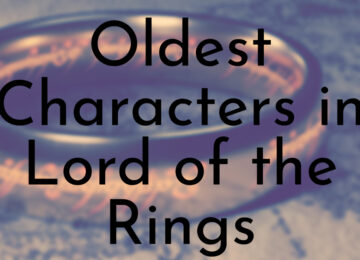Bollywood, a kaleidoscope of emotions, storytelling, and cultural richness, has been a fertile ground for the germination of musical masterpieces. These timeless songs have not only etched themselves into the annals of Hindi cinema but have also become a part of the cultural representation of India on a global stage.
Here, we embark on a journey to discover more about the 10 oldest Hindi (Bollywood) songs that have left an indelible mark on the hearts and minds of generations.
10. “Chaudhvin Ka Chand Ho” (1960)
Mohammed Rafi’s velvety rendition of “Chaudhvin Ka Chand Ho” in the movie “Chaudhvin Ka Chand” elevates the song to the status of a timeless romantic classic. The film’s narrative, exploring friendship and love, adds depth to the song’s popularity.
Did You Know?
The success of “Chaudhvin Ka Chand Ho” not only contributed significantly to the film’s acclaim but also solidified Mohammed Rafi’s position as one of Bollywood’s most iconic playback singers.
9. “Ae Malik Tere Bande Hum” (1957)
Lata Mangeshkar’s soulful rendition in “Do Aankhen Barah Haath” imparts a spiritual touch to “Ae Malik Tere Bande Hum,” turning it into a timeless prayer. The composition beautifully captures the essence of devotion and resilience.
Did You Know?
The song’s enduring popularity is attributed to the universal appeal of its message, seeking strength from a higher power during challenging times. It remains a source of solace and inspiration for many.
8. “Yeh Raat Bheegi Bheegi” (1956)
Kishore Kumar and Lata Mangeshkar’s duet in “Chori Chori” is a harmonious blend of two legendary voices. Yeh Raat Bheegi Bheegi’s” playful yet romantic mood, coupled with its memorable melody, has made it a timeless favorite.
Did You Know?
The on-screen chemistry between Raj Kapoor and Nargis, coupled with the magical combination of Kishore Kumar and Lata Mangeshkar, contributed to the song’s enduring popularity.
7. “Babuji Dheere Chalna” (1955)
Geeta Dutt’s sensuous rendition in “Aar Paar” marked a departure from traditional romantic ballads, introducing a bold and experimental theme. “Babuji Dheere Chalna’s” flirtatious undertones and Western musical influences set it apart.
Did You Know?
“Babuji Dheere Chalna” was a trendsetter in its time, influencing subsequent filmmakers to explore themes of sensuality and romance with a newfound creative freedom.
6. “Mera Joota Hai Japani” (1955)
Mukesh’s resonant voice in “Shree 420” turns “Mera Joota Hai Japani” into a social commentary, reflecting the aspirations of a post-independence India. The song’s catchy tune and satirical lyrics make it a cultural touchstone.
Did You Know?
“Mera Joota Hai Japani” became an anthem of the times, encapsulating the aspirations and struggles of a nation entering a new era of economic and cultural transformation.
5. “Ghar Aaya Mera Pardesi” (1951)
Lata Mangeshkar’s emotive rendition in “Awaara” serves as a musical reflection of the characters’ emotional journey. Ghar Aaya Mera Pardesi’s” orchestration, with the use of accordion and violin, adds a layer of complexity to its timeless charm.
Did You Know?
The collaboration between Lata Mangeshkar and Shankar Jaikishan in “Ghar Aaya Mera Pardesi” marked the beginning of one of Bollywood’s most successful music director-singer partnerships, shaping the industry for decades.
4. “Ayega Aanewala” (1949)
Lata Mangeshkar’s haunting rendition in “Mahal” adds a layer of mystique to the film’s noir narrative. With its enchanting melody and evocative lyrics, “Ayega Aanewala” marked a paradigm shift in the portrayal of suspense and supernatural elements in Bollywood.
Did You Know?
The success of “Ayega Aanewala” not only established Lata Mangeshkar as a playback singer of exceptional prowess but also influenced the tonal and thematic choices of subsequent filmmakers.
3. “Jiya Beqarar Hai” (1949)
Geeta Dutt’s soul-stirring rendition in “Barsaat” captures the essence of post-independence romance. “Jiya Beqara Hai’s” lush orchestration, poetic lyrics, and Geeta Dutt’s emotive delivery contribute to its timeless appeal.
Did You Know?
The success of “Jiya Beqarar Hai” not only established Geeta Dutt as a prominent playback singer but also reflected the changing dynamics of romance in Bollywood, setting a benchmark for future love ballads.
2. “Awaaz De Kahan Hai” (1939)
Shamshad Begum’s emotive rendition in “Anmol Ghadi” explores the complexities of unrequited love, making it a poignant piece in the pre-independence era. “Awaaz De Kahan Hai’s” seamless integration of classical and modern musical elements sets it apart.
Did You Know?
“Awaaz De Kahan Hai” was a groundbreaking composition by Naushad that showcased his innovative approach to film music. The song’s popularity endured, laying the foundation for future experimentation in Bollywood.
1. “Piya Haji Ali” (1937)
K. B. Sundarambal’s rendition in “Tukaram” is a soul-stirring devotional masterpiece that pays homage to Pir Haji Ali Shah Bukhari. “Piya Haji Ali” encapsulates the spiritual fervor associated with the revered saint and has become an integral part of religious and cultural celebrations.
Did You Know?
The Haji Ali Dargah, situated in Mumbai, is a pilgrimage site visited by people of all faiths. “Piya Haji Ali” is often played during the annual Urs festival at the dargah, creating a sacred ambiance.
Conclusion
These detailed explorations into the historical context, impact, and intriguing details of the 10 oldest Hindi (Bollywood) songs reveal musical compositions and cultural milestones. Each song represents a unique facet of the evolving landscape of Bollywood music, reflecting the socio-cultural dynamics, artistic innovation, and emotional nuances of its respective era.
Beyond their chronological significance, these classics serve as windows into the rich history of India’s cinematic and musical heritage. As we continue to celebrate these timeless melodies, we recognize their enduring influence, transcending the boundaries of time











